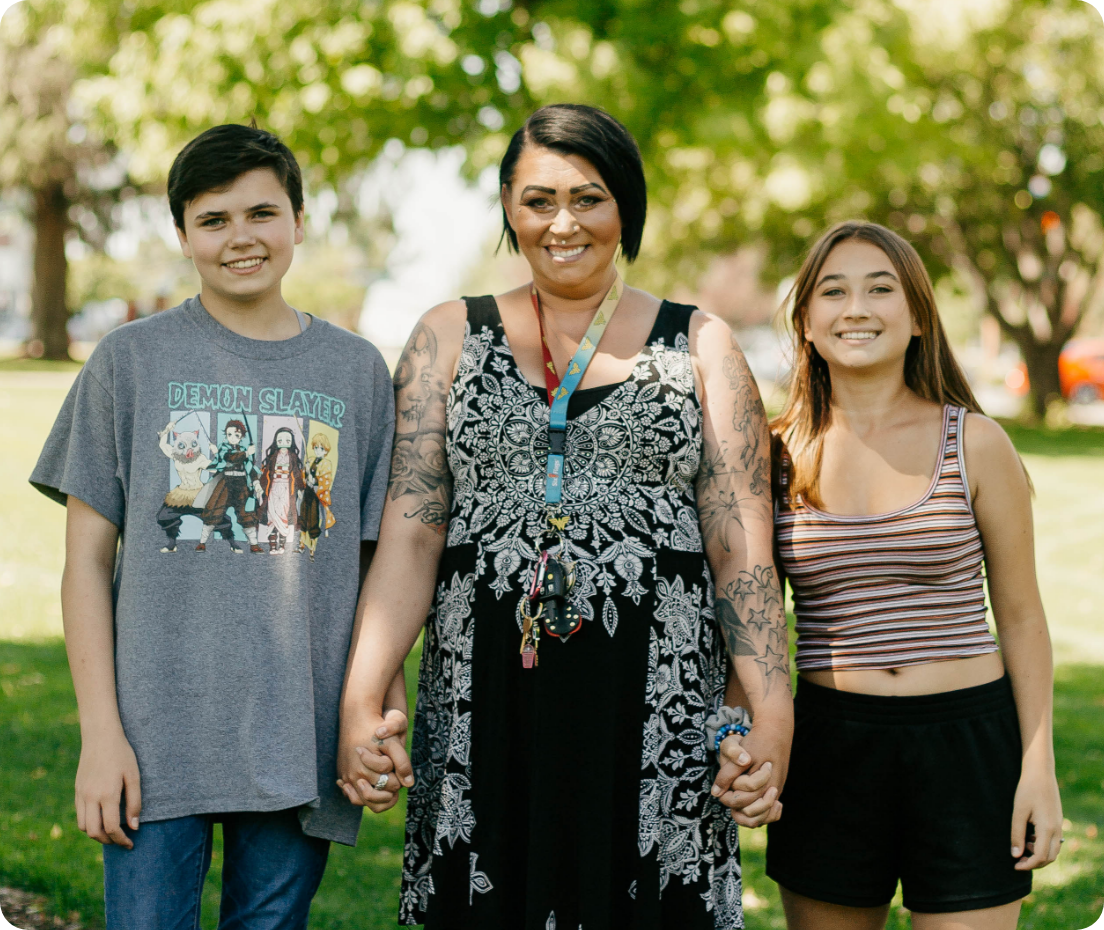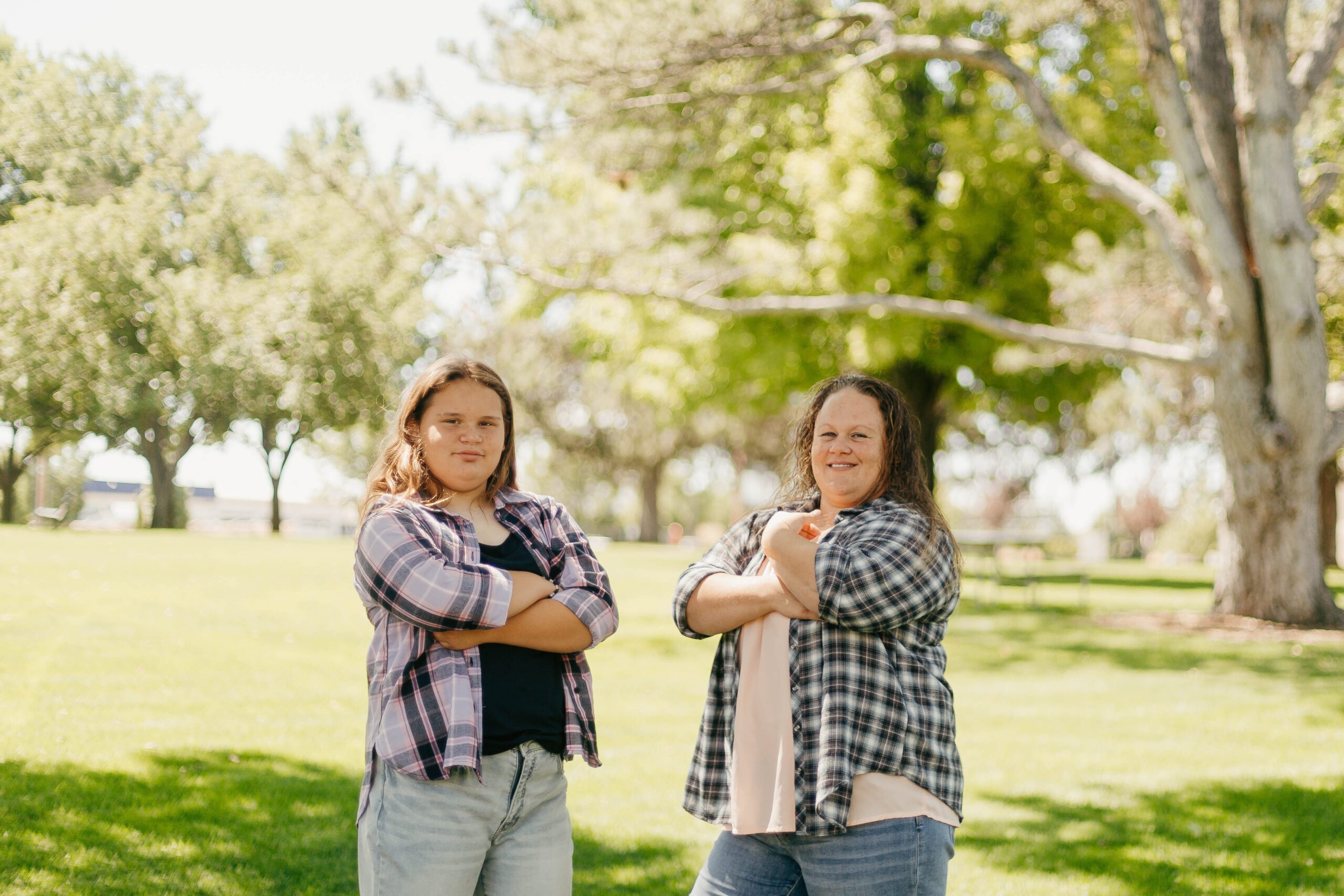Every Person. Every Family. A Home.
CATCH exists because everyone needs a home. We work to create a safe, healthy, connected community by empowering those without housing, building collaborative partnerships, and increasing public understanding to make homelessness rare, brief, and non-recurring. Our vision is to end homelessness in Southwest Idaho!
The CATCH Way
These are the values that we commit to:
Take Care of Yourself to Take Care of Others.
Ending homelessness is a marathon, not a sprint. It is essential, not optional, that each member of the team be deeply invested in finding ways to restore and/or enhance their personal health on a regular basis.
Be Humble.
There is always more to learn. Life is messy and complex. We approach people and situations as learners rather than experts. Making mistakes is part of being human and we take personal accountability for our growth. It’s ok to own your oops.
Welcome All.
Every client, community member and team member is welcome and valued. We create and extend a culture of safety, bravery, and gratitude within our offices and everywhere our work takes us. We create bridges, not barriers.
Stay Mission Focused.
We exist to connect people with housing—a basic human right. Period. Ending homelessness is our North Star. We identify distractions and set them aside. We will not be deterred from our mission.
Be Action-Oriented Problem Solvers.
We hold onto hope and challenge the status quo in pursuit of ending homelessness. We do not give up. Continuous learning empowers us to advocate for innovative change.
Always See the Human.
We are a People First, Trauma-Informed organization: every human being has inherent worth. We assume positive intent and seek to understand before attempting to be understood. We take the time to co-create a relationship of honesty and empathy.
Build Each Other Up.
We are kind and respectful in all of our interactions. We are collaborative and encouraging, fostering a culture of levity and laughter. It takes a community of people with different life experiences to create effective solutions to homelessness.
Be Reliable and Transparent.
We are accountable and solutions-focused. We commit to be authentic stewards of relationships and resources.

What does CATCH stand for?
When conceptualized in 2006 by the City of Boise, CATCH was an acronym for Charitable Assistance to the Community’s Homeless. Since then, we have learned more about person-centered language; as a part of our commitment to always seeing the human, we’ve moved away from language like “homeless people”. The clients we serve are human beings with inherent dignity and worth who are experiencing homelessness. Learn more about why this type of language matters below.

Why Does Language Matter?
At CATCH, we know everyone finds greater success when we speak with:
- Strength-based language: a language of empowerment that helps everyone see their own talents and power to reclaim independence after an episode of homelessness.
- “Tom is an addict” vs. “Tom has been in recovery from substance use for 3 months”
- “Substance abuse” vs. “substance use”
- “Victim of domestic violence” vs. “Survivor of domestic violence”
- Trauma-informed language: an effort to avoid language that could be triggering or re-traumatizing for individuals who have experienced trauma in any capacity.
- Avoid language that implies fault or blame. For example, asking a survivor of domestic violence “Why didn’t you leave?”
- Respecting boundaries: trauma survivors often have specific boundaries surrounding touch, personal space, or certain topics
of conversation. - Providing options: each individual is the expert of their own experience. We never tell someone what to do, but instead offer suggestions and support regardless of what they choose.
- Person-first language: a language that grammatically places a person first in the sentence to show that homelessness is a temporary experience and never a reflection of personal value or character. People experiencing homelessness.
- People experiencing homelessness vs. homeless people
- A person with schizophrenia vs. a schizophrenic
- A family experiencing food insecurity vs. hungry people
Why Donate?
Once our families have stable homes, our interventions and supports like job placement and counseling become more effective. How do we know? According to a national study, only 16% of people living in shelters are in an independent home one year later.
